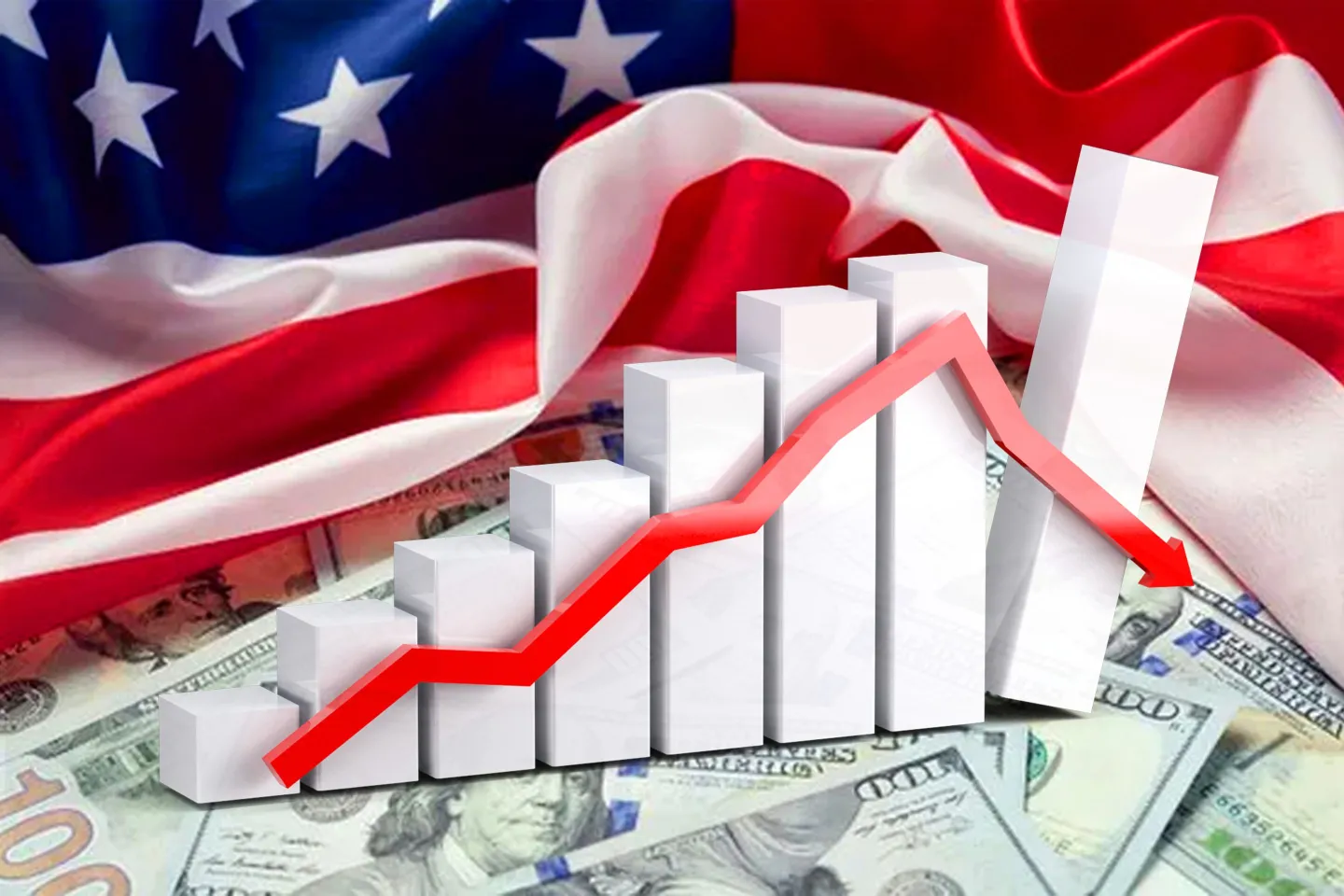Economic Power vs Military Power in International Relations
After the Cold War, many experts and scholars began to argue that the concept of “geopolitics” was being replaced by “geo-economics.” According to this view, economic power has become the primary key to success in international relations.
This shift has reignited a long-standing debate: Which is more important—economic power or military power?
Historical and Theoretical Perspectives
From a Marxist perspective, the economy has always been seen as the foundation of all other forms of power, including politics. Similarly, 19th-century economic liberalism claimed that financial interdependence and trade would make war increasingly unlikely. However, realist theorists counter this view by pointing out that despite strong trade ties between Great Britain and Germany before 1914, war was not avoided.[1]
Political scientist Joseph Nye argues that it is impossible to determine definitively whether economic or military power is superior, as both fit within the traditional definition of power—“the ability to get others to do what they otherwise would not do.” This includes war, the threat of war, economic sanctions, and other coercive or persuasive methods.
In fact, the two forms of power are often interconnected. Effective military power generally requires a strong economic base. At the same time, when core economic interests are threatened, states often resort to military options. A notable example is the West’s threat of military response to Iran’s warnings about closing the Strait of Hormuz—a vital route for global oil trade.
Economic Power as Soft Power
Economic power can also be analyzed through the lens of soft power. A strong economic model can serve as a source of influence and attraction, shaping the preferences of other countries. For example, the European Union’s post–Cold War soft power has largely stemmed from its economic success and stability.
Economic power can be defined as the ability to influence the behavior of other political actors using economic tools to achieve specific political goals. Another useful definition is that economic power is the ability to resist external influence and control by minimizing vulnerability to economic pressure.
There are several indicators that can help measure a country’s economic power, including:
- Demographic strength
- Gross Domestic Product (GDP)
- Inflation and unemployment rates
- Position in global trade
- Market share
- Foreign investment levels
- Technological development, and more
Interdependence and Bargaining Power
Economic power cannot be separated from mutual interdependence. Since the mid-20th century, the rise of globalization has reduced trade barriers and increased the level of interdependence among nations. In this environment, achieving common benefits and stronger market positions has become a key objective of economic strategy.
However, asymmetrical interdependence plays a crucial role in power dynamics. When one country is more reliant on a relationship than the other, the less dependent actor gains bargaining advantage. This concept is tied to two forms of vulnerability:
- Sensitivity, which refers to the short-term impact of interdependence (e.g., the 2008 collapse of Lehman Brothers, which had global financial consequences)
- Vulnerability, which reflects the long-term structural consequences and the financial cost of interdependence when the system is disrupted
In today’s international system, sensitivity is nearly unavoidable, but states with lower vulnerability are generally in a stronger strategic position.
Tools of Economic Influence: Aid and Sanctions
There are two primary tools used by states to influence the behavior of others through economic means:
- Foreign aid, which can be used to encourage cooperation or alignment with certain policies
- Economic sanctions, which are imposed to punish or pressure a country to change behavior
Both tools demonstrate how economic power can be just as coercive or persuasive as military strength. Whether through incentives or restrictions, they shape state behavior and international outcomes without the use of force.
Conclusion
In the modern global order, economic and military power are not mutually exclusive but rather interdependent. While military strength continues to play a crucial role in strategic deterrence and defense, economic power has become an essential tool in both hard and soft power strategies. The balance between these two forms of power often defines the foreign policy options available to a state and its influence on the international stage.
